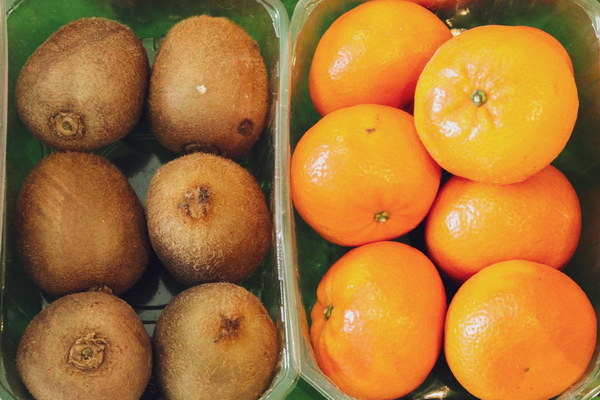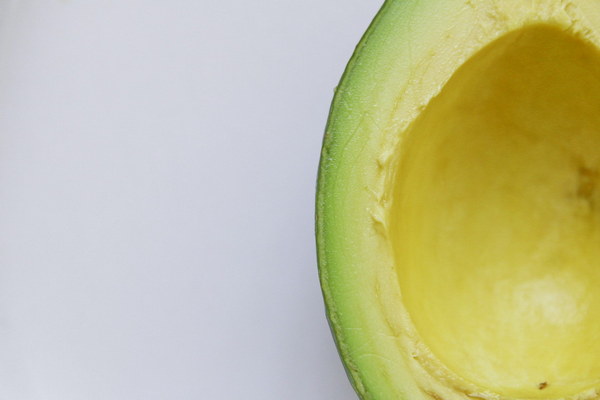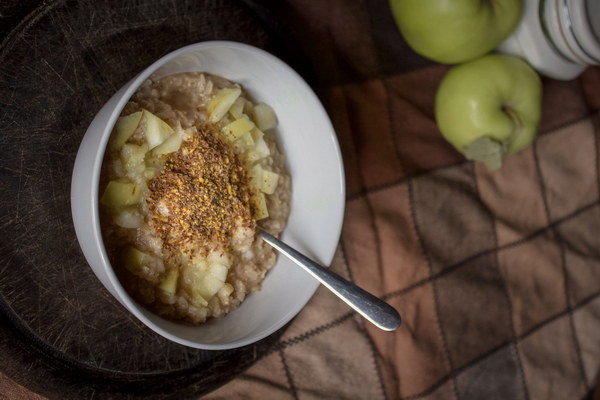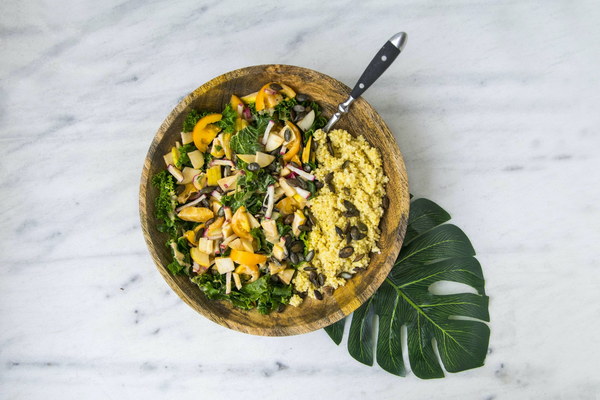Revolutionize Your Anti-Aging Journey with Low-Fat, Whole-Food Plant-Based Diets
In the quest for timeless beauty and vitality, the allure of anti-aging has always been a topic of fascination. While numerous products and treatments promise to turn back the hands of time, it's becoming increasingly evident that the key to youthful-looking skin and a robust health lies within our own dietary choices. Enter the low-fat, whole-food plant-based diet, a revolutionary approach to anti-aging that has garnered attention from health enthusiasts and celebrities alike. Let's delve into the science behind this diet and explore its benefits.
The Low-Fat, Whole-Food Plant-Based Diet: What It Is
A low-fat, whole-food plant-based diet focuses on whole, unprocessed foods derived from plants, with minimal to no animal products. This diet emphasizes foods like fruits, vegetables, whole grains, nuts, seeds, and legumes, while limiting or avoiding dairy, eggs, and meat. The rationale behind this dietary approach is that plant-based foods are naturally low in fat and rich in essential nutrients, antioxidants, and fiber, which play a crucial role in the aging process.
Science Behind the Low-Fat, Whole-Food Plant-Based Diet
1. Anti-inflammatory Properties: Chronic inflammation is a hallmark of aging and has been linked to various diseases, including heart disease, diabetes, and cancer. Plant-based foods contain anti-inflammatory compounds such as flavonoids, carotenoids, and polyphenols, which help reduce inflammation in the body.
2. Antioxidants: Free radicals are unstable molecules that can damage cells and contribute to aging. Antioxidants found in plant-based foods neutralize these free radicals, protecting cells from oxidative stress and promoting longevity.
3. High Fiber Content: Dietary fiber plays a significant role in maintaining gut health, which is crucial for overall well-being. A high-fiber diet has been associated with a lower risk of chronic diseases and a longer lifespan.

4. Low Oxidative Stress: Oxidative stress occurs when there is an imbalance between free radicals and antioxidants in the body. A low-fat, whole-food plant-based diet helps minimize oxidative stress, contributing to a healthier aging process.
Benefits of the Low-Fat, Whole-Food Plant-Based Diet
1. Improved Skin Health: A diet rich in antioxidants and essential nutrients can lead to clearer, more radiant skin. The increased consumption of fruits, vegetables, and whole grains can also reduce the appearance of fine lines and wrinkles.
2. Enhanced Energy Levels: By focusing on nutrient-dense foods, this diet can provide a sustainable source of energy without the spikes and crashes associated with processed foods.
3. Weight Management: Plant-based diets are naturally lower in calories and higher in fiber, making them an effective tool for weight management. A healthy weight is essential for maintaining a youthful appearance and reducing the risk of age-related diseases.
4. Reduced Risk of Chronic Diseases: A low-fat, whole-food plant-based diet has been associated with a lower risk of heart disease, diabetes, and certain types of cancer, all of which are more prevalent as we age.
5. Longevity: Research suggests that individuals following a low-fat, whole-food plant-based diet may live longer, healthier lives.
How to Adopt a Low-Fat, Whole-Food Plant-Based Diet
Transitioning to a low-fat, whole-food plant-based diet can be challenging at first. Here are some tips to help you get started:
1. Start Small: Begin by incorporating more fruits, vegetables, whole grains, nuts, and seeds into your diet, gradually reducing your intake of processed foods and animal products.
2. Plan Your Meals: Planning your meals ahead of time can help you make healthier choices and avoid impulsive decisions.
3. Explore New Recipes: There are countless delicious recipes available that incorporate plant-based ingredients. Experiment with different flavors and textures to find what works best for you.
4. Seek Support: Joining a plant-based community or seeking the guidance of a nutritionist can provide you with support and encouragement as you transition to this diet.
In conclusion, the low-fat, whole-food plant-based diet is a powerful tool for promoting healthy aging. By focusing on nutrient-dense foods and reducing inflammation, this diet can help you achieve a more youthful appearance and improve your overall well-being. Embrace this lifestyle change, and you may find that the true secret to anti-aging lies within your own plate.









